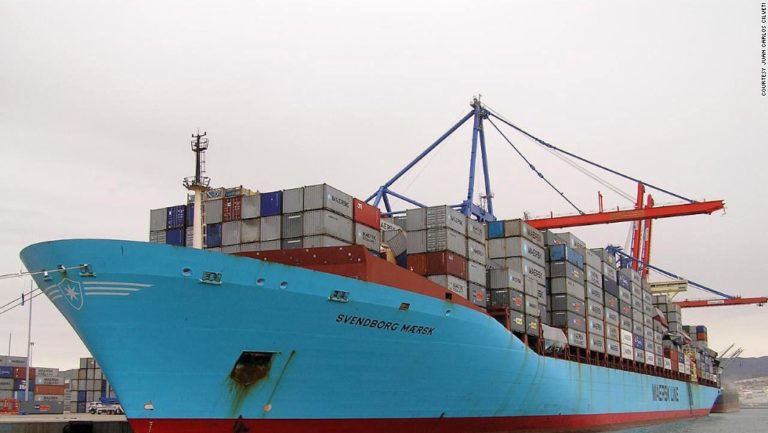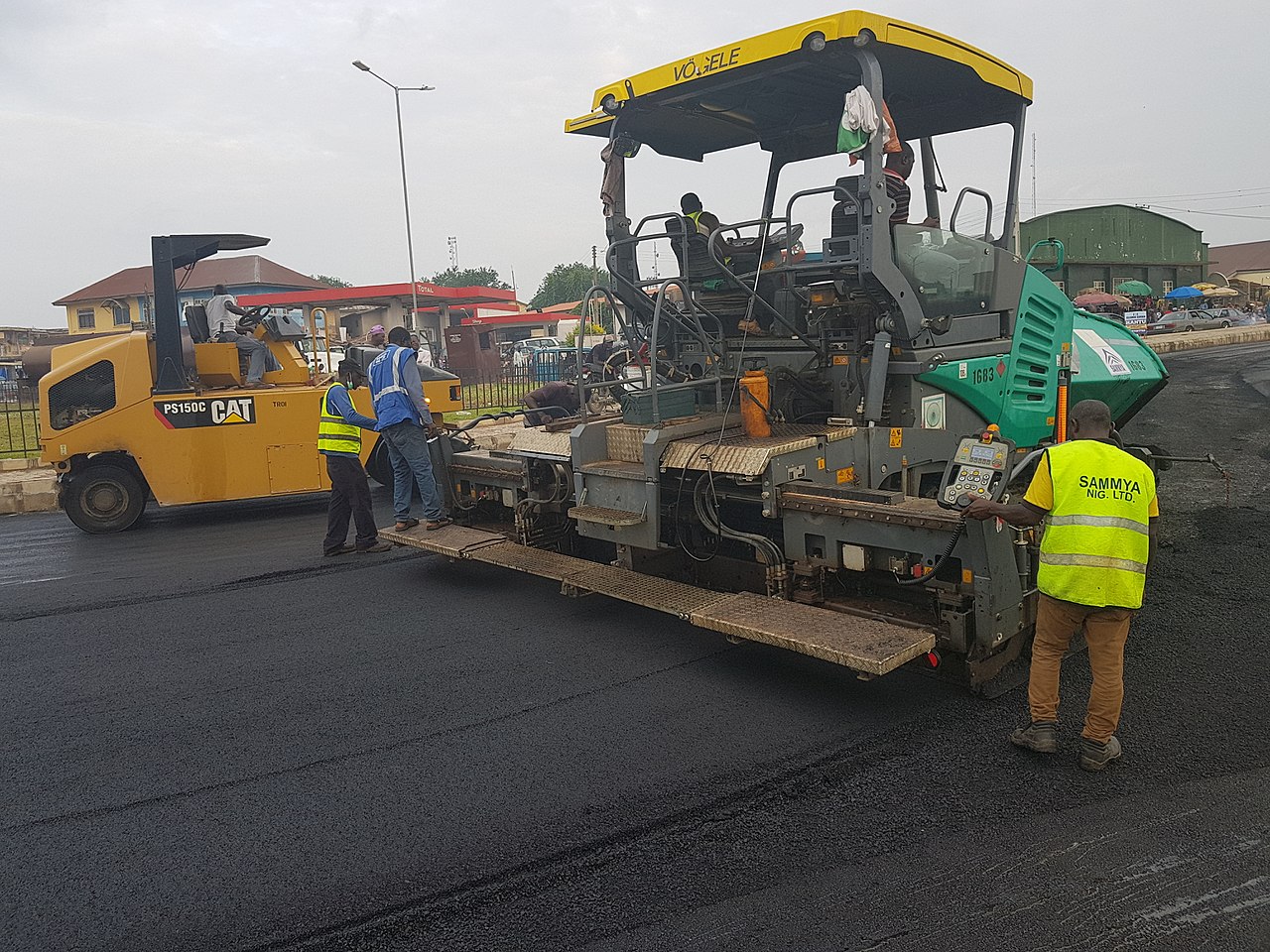
Tanko Mohammed
The burden of providing subsidy on petroleum products is getting heavier and telling on the yearly national budget of oil-rich Nigeria.
The global oil glut coupled with the outbreak of coronavirus has impacted negatively so much on the economy, suffering a serious dip in national revenue.
Nigeria has in the last three years resorted to loans from the World Bank and Paris Club of creditors to write-off the deficit in its national budgets.
The debt of $86 billion, the highest ever, is the other reason that the country reversed the age-long subsidy regime. The reversal is to free subsidy money for national exigencies.
According to the World Bank, Nigeria spent a total of $35 billion from 2010 to 2014 to subsidize petroleum products.
The Financial Operations report in March of the Nigerian National Petroleum Corporation (NNPC), shows that $1.06 billion was paid in subsidizing Premium Motor Spirit (PMS) in March 2019 and almost $2.1 billion in the first quarter of 2020.
Fuel subsidies are enormous, impacting too negatively on the economy and no longer feasible. Subsidies exist because the government fixes the price of gasoline for consumers below the international price and uses government resources to pay for the difference.
They were first introduced in the 1970s as a response to the oil price shock in 1973.
However, despite numerous attempts at reform, Nigeria has never successfully removed gasoline subsidies due to strong opposition.
The cost of providing subsidies include lower spending on other development objectives; reducing distribution of resources to the state governments; the vast majority of the subsidy goes to better off Nigerians; and cheaper gasoline encourages greater pollution, congestion and climate change.
In spite of opposition, President Muhammadu Buhari took the bull by the horns in March 2020 by effecting the deregulation of the downstream sector which effectively edged out subsidies.
The deregulation meant that the government no longer interfere in the regulation of the refining, processing and pricing of crude oil and natural gas and efforts made to market and distribute crude oil and natural gas related products.
The removal of subsidy caused a 40 percent increase in pump price of petrol which now sells for N161.40 per litre. This has not gone down well with labour and opposition.
According to Petroleum Products Pricing Regulatory Agency (PPPRA) the full deregulation of the downstream has led to the end of petrol subsidy. It said that petrol price would be adjusted in accordance to global oil prices.
“We are surprised that at a time other countries are giving palliatives to their citizens to cushion the effect of COVID-19, Nigerians are asked to pay more for petrol, Mr Ayuba Wabba , President of the Nigerian Labour Congress (NLC) said as he led the central labour’s national strike threat.
Wabba, like ordinary Nigerians, lamented the increase in petrol price, especially with its harsh impact on everyday living, and had called for a reversal of the price.
The pan-Yoruba socio-cultural group, Afenifere, its Niger Delta counterpart, Pan Niger Delta Forum (PANDEF) and the opposition Peoples Democratic Party (PDP) are not happy.
The PDP National Publicity Secretary, Mr Kola Ologbondiyan, on October 4, 2020, described the policy as callous, cruel and punishing.
He said: “Our party asserts that increasing the price of fuel has left no one in doubt that the agenda is to inflict pain and hardship on Nigerians.’’
Mr Yinka Odumakin, Spokesman of Afenifere, said the development was the fallout of the fake promises made to the electorate by the ruling All Progressives Congress (APC).
The National Publicity Secretary of PANDEF, Mr Ken Robinson, “How can the government even consider increasing the pump price of fuel in the face of the COVID-19-induced socio-economic challenges when citizens are struggling to carry on with everyday living?’’
He said: “Many businesses are barely managing to survive; workers in the private sector are either not being paid salaries or being sacked. And it is in the face of such damning situations that the government has again introduced conditions in the guise of a fraudulent deregulation regime that has reportedly warranted the increase in the pump price of fuel.’’
In its reaction, APC said the reviewed petrol pricing template has the support of Nigerians.
The Deputy National Publicity Secretary of the party, Mr Yekini Nabena, in a statement on October 6, 2020, said successive PDP governments foisted on the country a corruption-tainted fuel subsidy regime.
Many experts have over the years favoured a deregulated downstream sector to enable the sector attract the much-needed investments that would turn around its fortunes and ensure it contributes meaningfully to the development of Nigeria.
Mr Bank-Anthony Okoroafor, Former Chairman of Petroleum Technology Association of Nigeria (PETAN), commended the government’s policy and said:
“Full deregulation is good.’’
“We have always favoured that the forces of demand and supply dictate happenings in the market. It took a long time for government to come to this decision. It requires leadership and courage. We should all support this move.’’
He also advised the government to move further to privatize the four moribund refineries so that they can run more efficiently and help in addressing shortages in product supply and reduce the pressure on foreign exchange.
Mr Joe Nwakwe , immediate past President, Society of Petroleum Engineers, said the decision was a step in the right direction, saying: “I wish we had done this many years ago. Government has shown courage.’’
Wunmi Iledare, Professor of Petroleum Economics and former President of Nigerian Association of Energy Economics (NAEE), said Nigeria would save more than $5 billion annually.
The Group Managing Director of NNPC, Mr Mele Kyari, said government removed subsidy on petrol because of the fraud perpetrated by some cabals.
He alleged that the beneficiaries of the fuel subsidy regime were the marketers who smuggled the subsidised product to neighbouring countries.
The President of Major Oil Marketers Association of Nigeria (MOMAN), Mr Tunji Oyebanji, lauded the policy, saying the government had displayed utmost pragmatism by applying economic solution to the age-long challenges in the downstream sector, rather than the political solutions applied in the past which were not sustainable.
In order to cushion the negative effects of the deregulation, Kyari said government has inaugurated the Compressed Natural Gas and Liquefied Natural Gas (LPG) as an alternative to petrol.
The CNG and LPG are cheaper, cleaner and globally accepted, he said, saying: “The solution to reduce the pains with increase in petrol is to create another source that is cheaper, cleaner and global friendly.
The government will inject $8.8 billion into the economy to stimulate production, stabilize the exchange rate and cushion the inflationary effect of the pump price increase.
The Minister of State for Petroleum, Mr Timipre Sylva, also reported that government, has decided fast track local refining capacity to reduce dependency on importation products.
President Muhammadu Buhari at the First Year Ministerial Performance Review Retreat in Abuja on October 6, said though deregulation of petrol will cause hardship, but the initial pain will eventually give way to greater benefits among which include a significant reduction in price.











